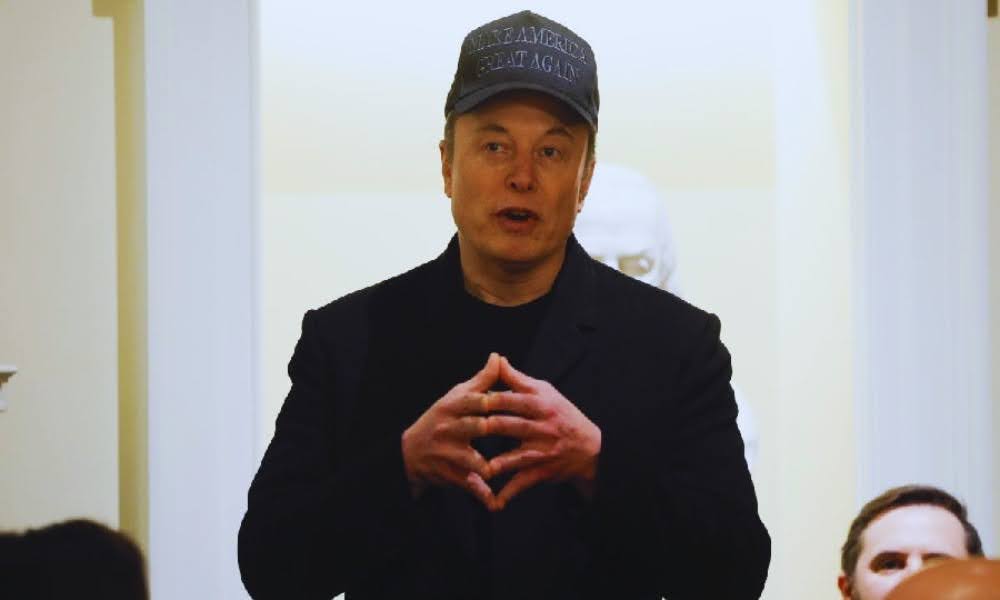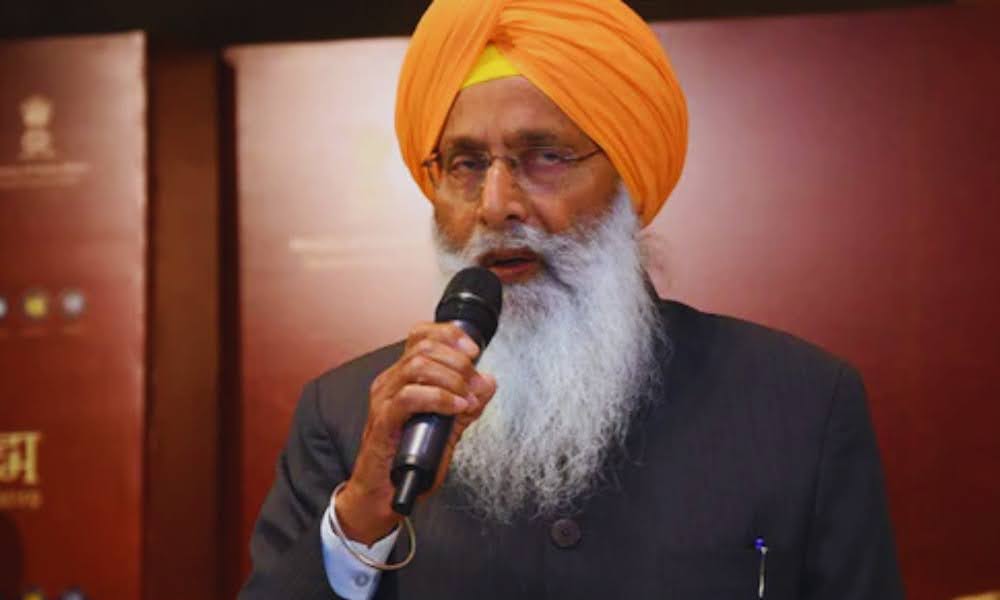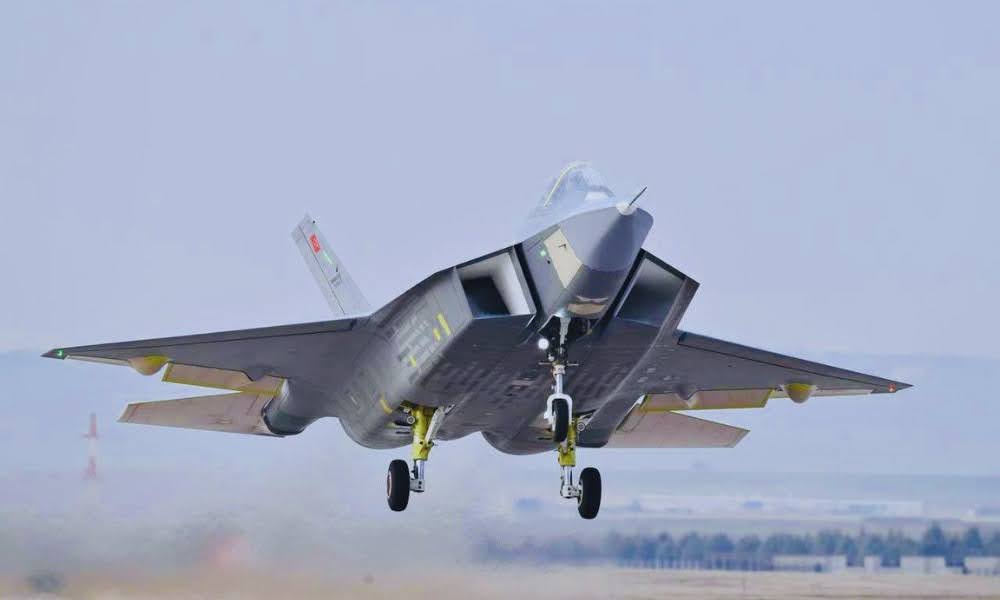Elon Musk Exits Trump Advisory Role After Struggles to Reinvent Washington

Elon Musk has officially stepped down from his role as a top adviser to President Donald Trump, where he led efforts to reduce and overhaul the federal bureaucracy.
His resignation, made public on Wednesday evening, concludes a controversial and turbulent period marked by sweeping layoffs, dismantled agencies, and extensive litigation.
Despite the dramatic shake-ups initiated under his leadership, Musk found it difficult to navigate Washington’s political landscape and achieved far less than he initially envisioned.
His ambitious plan to slash federal spending underwent significant revisions—from an original $2 trillion down to $1 trillion, and finally to just $150 billion—as he encountered substantial resistance and growing frustrations.
Tensions Within the Administration
Throughout his tenure, Musk often found himself at odds with other senior officials in Trump’s administration, who resisted his attempts to restructure their departments.
The political backlash to his aggressive cost-cutting measures was fierce, adding to the challenges he faced in achieving DOGE’s goals.
While Musk’s role was always intended to be temporary, he had recently hinted at his return to his business ventures, including Tesla and SpaceX.
Still, the exact timing of his exit remained unclear until he announced it abruptly through a post on X, his own social media platform.
Musk’s Announcement on X
“As my scheduled time as a Special Government Employee comes to an end, I would like to thank President @realDonaldTrump for the opportunity to reduce wasteful spending,” Musk posted.
“The @DOGE mission will only strengthen over time as it becomes a way of life throughout the government.” A White House official, speaking on the condition of anonymity, confirmed his departure.
Musk’s announcement followed closely behind a CBS interview in which he criticized Trump’s flagship legislation. He voiced disappointment with the so-called “big beautiful bill,” describing it as a “massive spending bill” that increases the deficit and “undermines the work” of DOGE.
Disagreement Over Spending Bill
“I think a bill can be big or it could be beautiful,” Musk commented. “But I don’t know if it could be both.”
President Trump, addressing the issue from the Oval Office on Wednesday, defended the bill and acknowledged the complexity involved in its negotiation.
“I’m not happy about certain aspects of it, but I’m thrilled by other aspects of it,” Trump said. He also suggested that additional changes to the bill could be on the horizon: “We’re going to see what happens. It’s got a way to go.”
Musk’s Journey With DOGE
Musk, a key supporter and major donor to Trump’s 2024 election campaign, was closely aligned with the president throughout the early days of the administration.
During his victory speech, Trump notably praised Musk, saying “a star is born.”
As the Department of Government Efficiency (DOGE) kicked off its work, Musk sought out “super high-IQ small-government revolutionaries” to commit to over 80-hour workweeks focused on tedious budget-cutting tasks.
Massive staff reductions followed, with tens of thousands removed from federal payrolls and multiple departments downsized or eliminated. However, Musk’s confrontations with other senior officials created further friction within the administration.
Challenges and Legal Battles
By late April, Musk began retreating from the spotlight. In various interviews, he expressed that DOGE had become a “whipping boy” for broader dissatisfaction with the Trump administration. He also acknowledged that many of his goals had not been met.
In addition to political difficulties, Musk and DOGE faced legal troubles. A U.S. District judge ruled that Musk must face a lawsuit over allegations of wielding illegal authority as the head of DOGE.
The department is also embroiled in several legal actions aimed at preventing access to sensitive agency systems and vast databases of Americans’ financial and personal information.
Business Troubles Resurface
Musk’s attention has recently shifted back to his private enterprises. Tesla has faced challenges including targeted arson at dealerships and a decline in share prices.
SpaceX, too, has encountered problems, with its latest test flight ending in failure when the Starship exploded over the Indian Ocean during its ninth mission.
Additionally, Musk’s social media platform X suffered a two-hour outage on Saturday. Referring to the issue, Musk posted, “As evidenced by the X uptime issues this week, major operational improvements need to be made.”
With his government role now behind him, Musk appears poised to refocus on addressing the mounting challenges within his companies.









